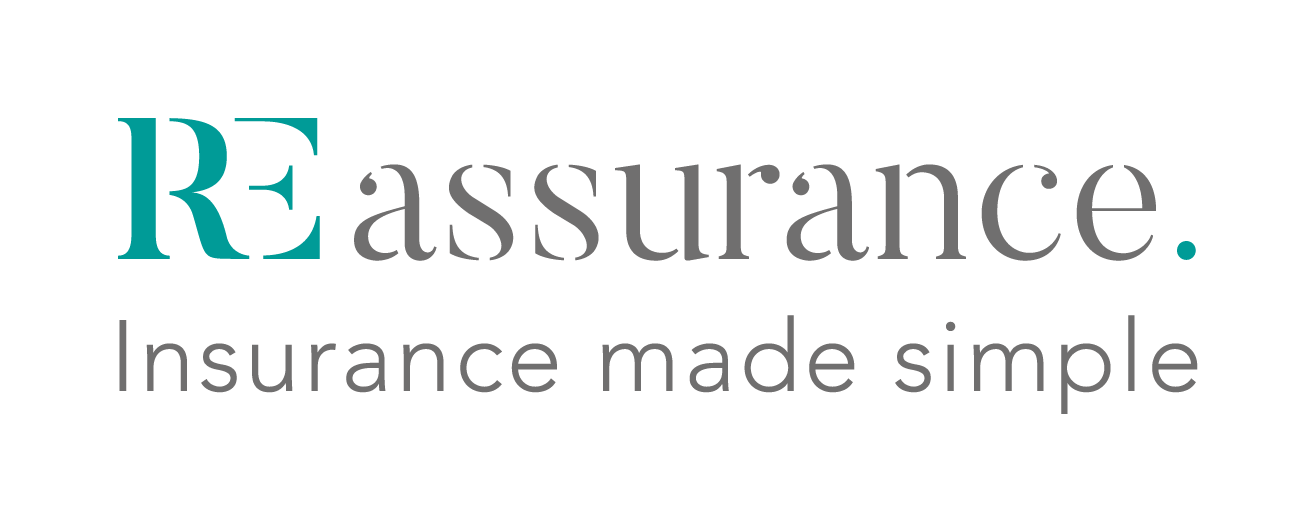
An opportunity for us to share with you our news, our results and achievements and, if we’re feeling confident, our forecasts for the year ahead.
The resources of the PRS sector in Poland are growing. More and more apartments are built for institutional lease, which also has a significant impact on developers’ results. This growing housing trend deserves particular attention among investors.
Tax aspects
Depending on the implemented structure investors will face various tax issues, which will largely affect the efficacy of investments. Tax aspects in the PRS industry relate to the high tax uncertainty in terms of the application of VAT rules. In principle, any decision from the pre-operational phase can affect the VAT treatment of subsequent rental services, and thus strongly affect the financial efficiency of the project.
Acquisition of real estate – right to deduct VAT by the buyer
The acquisition of real estate may:
a. be subject to VAT;
b. VAT exempt; or
c. remain outside the scope of VAT.
Once the purchase of real estate is taxed with VAT, it is crucial to analyze the right to deduct VAT (and obtain a refund by the buyer), which depends on the building’s intended use.
Lease of real estate – VAT charged
The lease of real estate within taxpayer’s business activity should be subject to VAT at the rate of:
a. 23% VAT – e.g. renting an apartment for other than residential purposes;
b. 8% VAT – accommodation services; or
c. VAT exempt – renting an apartment for housing purposes. The rate depends on the purpose of the lease. The application of the correct VAT rate is in practice controversial due to the lack of relevant statutory definitions and the underdeveloped practice of tax authorities in Poland.
Business cases
Background: Dutch investment fund via SPV based in Poland acquired real estate located in Poland (“RE 1”). The taxpayer use RE 1 within business activity for housing purposes (VAT exempt).
Issue: Based on the opinion prepared by the tax advisors, bearing in mind limited tax authorities practice in this respect and the fact that there have not yet been well-established and unambiguous criteria or guidelines developed that would allow a simple distinction between these services
(housing purposes – VAT exempt vs. accommodation services – 8%) there is a risk that the tax authorities may claim that in fact RE 1 was using for accommodation services (rather than housing purposes) and consequently the buyer should applied 8% VAT rate rather than the VAT exemption. The tax advisors assessed the risk of reclassification of the provided services as rather low.
Solution: REassurance together with insurer companies should be able to provide a tax insurance policy covering loss (VAT and interest) resulting from arguments by the tax authority that the buyer uses RE 1 for accommodation services that attracts a VAT rate of 8%.
Background: Investment fund via SPV based in Poland acquired a second real estate located in Poland (“RE 2”). The new owner, deducts in full VAT on the acquisition. The taxpayer uses RE 2 within business activity for
accommodation purposes (8% VAT).
Issue: Based on the opinion prepared by the tax advisors, bearing in mind limited tax authorities practice in this respect and the fact that there have not yet been well-established and unambiguous criteria or guidelines developed that would allow a simple distinction between these services (housing purposes – VAT exempt vs. accommodation services – 8%) there is
a risk that the tax authorities may claim that in fact RE 2 was using for housing services (rather than accommodation purposes) and consequently the buyer
was not in position to deduct VAT on the acquisition of RE 2. The tax advisors assessed the risk of reclassification of the provided services as rather low.
Solution: REassurance together with insurer companies should be able to provide a tax insurance policy covering loss (VAT and interest) resulting from
arguments by the tax authority that the buyer uses RE 2 for housing purposes












